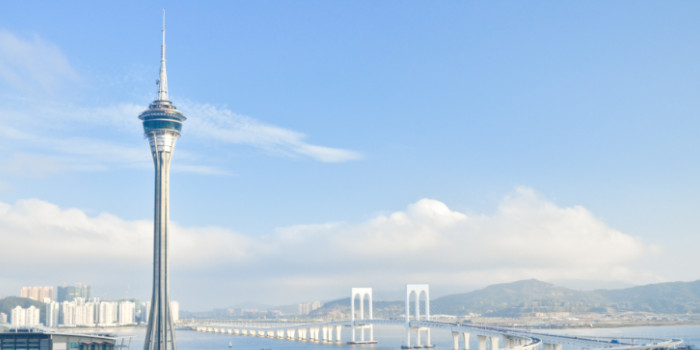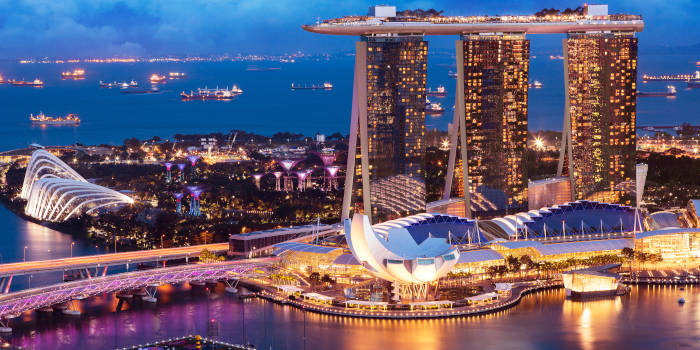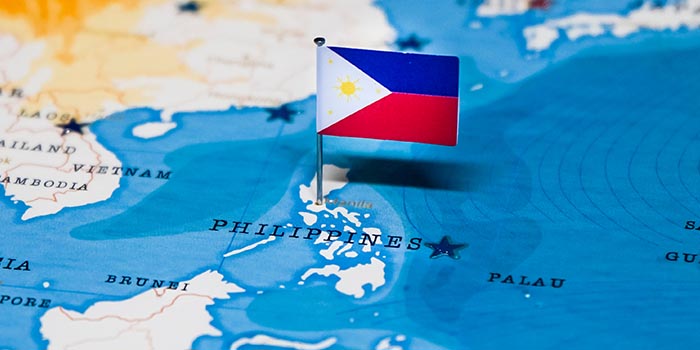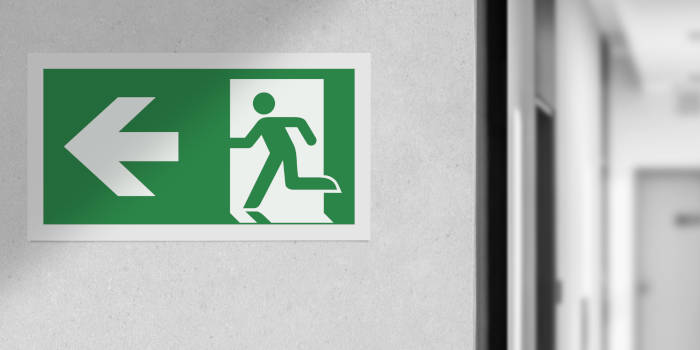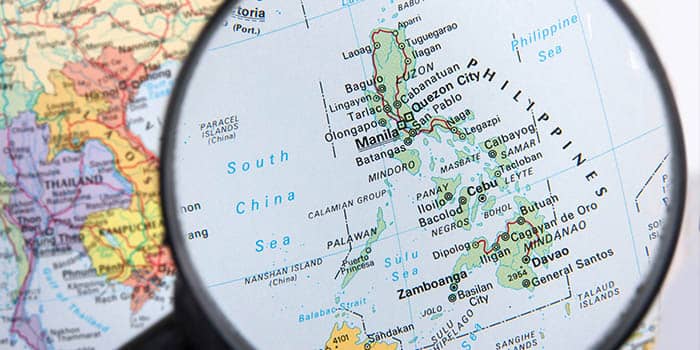Court Blocks 5% Franchise Tax on POGOs to Stop Exodus

The Supreme Court of the Philippines has blocked a 5% franchise tax that focuses on POGOs turnover instead of their revenue, leading to many deciding to quit in the end.
Philippines Puts the Tax Burden on POGOs
The Philippines is struggling with a mass exodus of casino operators that have been leaving due to a 5% franchise tax, adding to the tax burden of a financially struggling industry. With POGOs leaving en masse, the Supreme Court of the Philippines has issued a temporary restraining order to suspend the franchise tax and incentivize operators into staying.
Colliers Philippines analyst Joey Bondoc has already cautioned that POGOs are planning to move permanently out of the country if the government continues piling on and expecting tax receipts that exceed the legal framework.
The Supreme Court’s restraining order seeks to alleviate a part of the financial burden that the Philippine Offshore Gaming Operators have been facing of late, all brought on by tightening controls of the industry, lack of Chinese tourists and high rollers, and the continuous impact of the Covid-19 pandemic.
The introduction of new taxes has been a “last straw” for many operators who started packing up to leave for uncharted territories. Philippines President Rodrigo Duterte enacted a new law back in September, levying POGOs with more tax and pressuring providers of gaming products.
Feeling the Burn of Turnover Taxation
The tax specifically targets turnover instead of revenue, making for a hefty price tag to pick by POGOs, many of which hoped the government would amend the law. Meanwhile, the tax is a consequence of falling contributions by POGOs with companies withdrawing and not paying rent and just not having enough business to contribute more to the state coffers.
Feeling the burn, the government has tried to amend the situation by milking POGOs for extra cash, but this threatens the longevity and sustainability of the industry, threatening to put many of them right out of business.
Besides, POGOs are some of the most important tenants for both commercial and residential spaces. To put the impact of withdrawing POGOs in perspective, Bondoc said that at least 150,000 square meters of office space was emptied up by retreating operators along with another 300,000 square meters of space that can soon be empty just as well.
POGOs have been appreciative to operate out of their well-connected hub in Manila, but doing business there has become unsustainable says Bondoc and operators are going to continue leaving.
The Philippines has taken numerous measures to help see POGOs through, albeit the safest way to recovery is one that allows the companies to operate normally. In April 2020, the government briefly talked about selling PAGCOR, the company that regulates casinos in the country.
Most recently, the country has been looking into expanding into overseas markets and bringing cockfighting and other sports onboard. Recovery is still underway, but an onerous tax cannot be a part of it.
Mike made his mark on the industry at a young age as a consultant to companies that would grow to become regulators. Now he dedicates his weekdays to his new project a the lead editor of GamblingNews.com, aiming to educate the masses on the latest developments in the gambling circuit.


